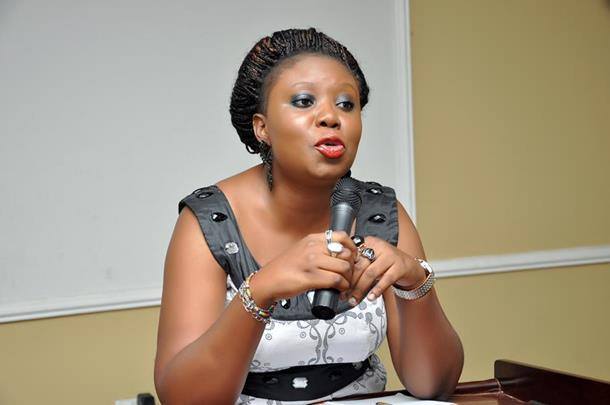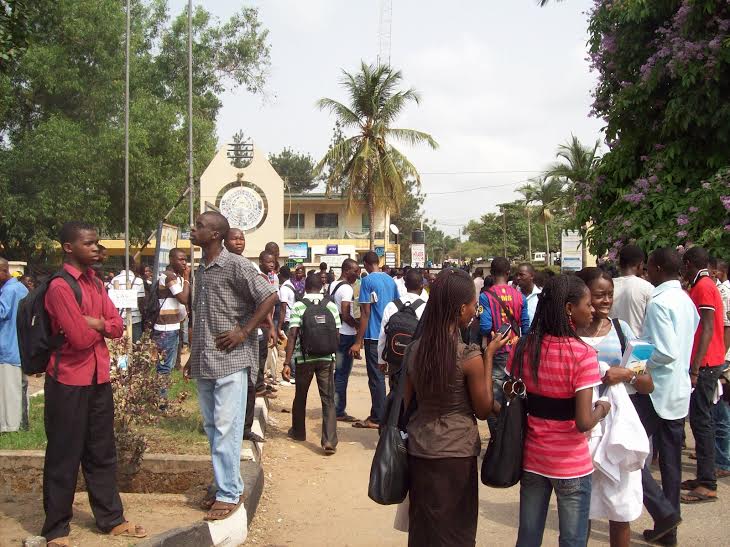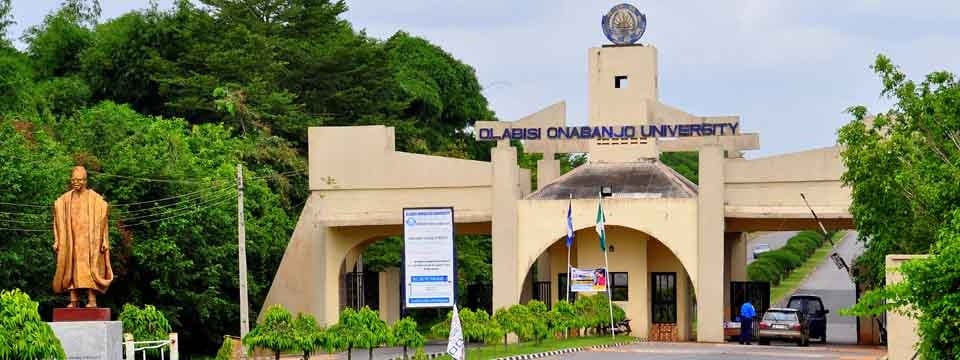Sonny Echono, the executive secretary of TETFund.
The Tertiary Education Trust Fund (TETFund) says Nigeria must increase its national budget allocation to education to meet the UNESCO recommendation of 15-20 per cent.
Sonny Echono, TETFund executive secretary, on Tuesday, delivered the 13th Convocation Lecture of Nile University in Abuja, themed: “Redefining the Nigerian Education System for the 21st Century Workforce.”
The TETFund boss emphasised that improved funding is critical to equipping the education sector with digital tools, state-of-the-art laboratories, and qualified instructors.
He cited countries like Rwanda and Kenya, which allocated 18 per cent and 16 per cent, respectively, of their national budgets to education in 2021, leading to significant educational development strides.
Advertisement
Echono said Nigeria must do better than its current seven per cent annual budgetary allocation to the sector.
He also noted that the Nigerian education curriculum at all levels requires a significant overhaul to align with the needs of the global labour market.
He argued that current curricula, particularly at the secondary and tertiary levels, “do not reflect the job market demands of the 21st century.”
Advertisement
The ES said a realignment with global demands is crucial to have a workforce shaped by technological advancements, automation, and globalisation.
He called for the integration of digital literacy, entrepreneurship education, and technical skills across all education levels.
Echono suggested that subjects such as data science, renewable energy technologies, artificial intelligence, and financial literacy should be common in secondary and tertiary institutions.
The TETFund executive explained that despite Nigeria churning out thousands of graduates annually, youth unemployment continues to rise, leading to high underemployment, social unrest, and associated economic challenges.
Advertisement
He identified the missing link as an education system that is “grossly misaligned with the requirements of the modern labour market.”
To address this, he recommended integrating ICT in education delivery to expand digital literacy and “future-proof” the system.
Echono advised Nigeria to institute a comprehensive professional development framework to empower teachers with the relevant skills and resources for modern pedagogy.
He also urged the country to provide entrepreneurship education and training to equip students with the skills and mindset to become job creators rather than job seekers, fostering a culture of innovation.
Advertisement







